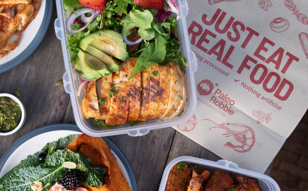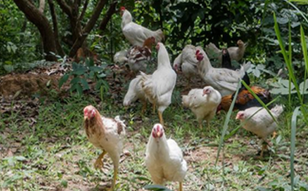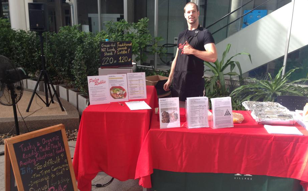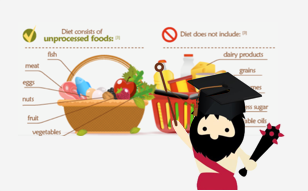Have you ever experienced the ‘Asia stomach bug’, or know someone that’s been hit with a nasty food illness episode while travelling Southeast Asia? I’m almost certain the answer is YES.

If you ask any traveller or expat what their favorite thing about Bangkok is, then the most common answers will surely be the temples, the bustling nightlife, the low prices, and of course— the food. In case you haven’t heard, Bangkok is a food lover’s paradise, so much so that CNN named it the very best street food city in the world. [1]
And like all exotic food adventures, sometimes your exploratory cravings can lead you (and your gut) to unfamiliar territories leading to days (sometimes weeks) around the toilet.
As a proud Bangkok expat, I will always stand by Thai cuisine as it’s amongst the best in the world when it comes to flavor, spices and uniqueness. :)
But before spreading rubbish about the food quality in Thailand that caused your so-called ‘food poisoning’, keep in mind that your sickness could also be the result of a virus or the abrupt change in diet that your gut isn’t prepared for.
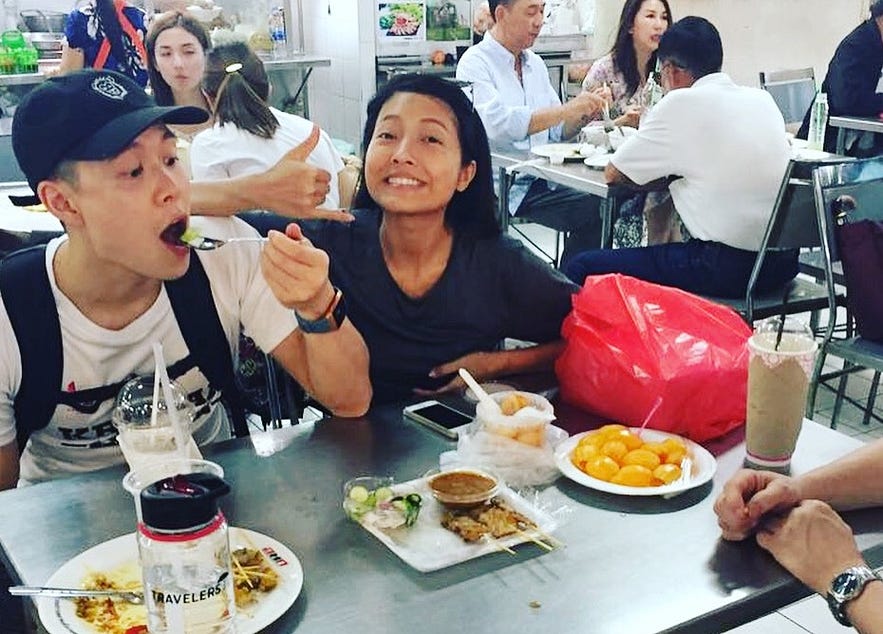
Anyways!
It’s a fact: Any time you travel, you’re at risk.
Unfortunately, any time you explore new lands and try new foods, you’re putting yourself at risk of either acquiring a virus, food poisoning or simply throwing your digestive system into complete shock. Microbes and bacteria that our bodies are completely unfamiliar with are lurking in every corner, every street food stall, even at the higher-end upscale food courts. There’s no escape.
As a Bangkok expat who’s lived in Toronto, Canada for thirty years, you can bet I’ve had my share of some of the worst gut-wrenching experiences of my life when I first moved out here. Within a few weeks of officially moving to Bangkok, I had a one-week long stomach illness that resulted in regular intervals of stabbing stomach pains and the highest-degree fever I’ve ever experienced.
The culprit? One can’t be 100% certain what caused the illness, but we can make a good guess…
1. Beware of Ice
There are many ways we can introduce “foreign” or “bad bacteria” into your system. My first episode (likely) came from the ‘contaminated’ ice in the Thai milk tea that I bought from a street vendor outside of my condo. There’s not much you can do to prepare your gut for the unusual compounds found in water when you’re travelling — and all I can tell you is that when it hits you, you’re in for a long ride.
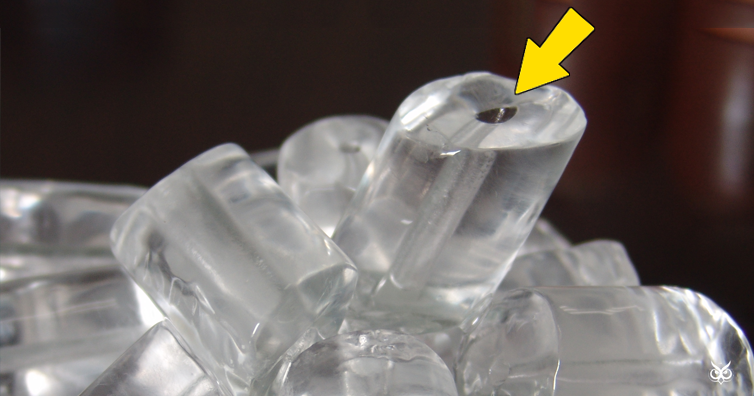
My advice on ice: If the ice cubes are cylinder shaped with holes in them, that means they’re commercially produced in hygienic conditions and safe for consumption. Look it up! Or if you want to be extra cautious, just stick to no ice by saying “mai ao nam keng” to the server, meaning “I don’t want ice”.
2. Deep-fry or stir-fry, watch out for oil.
Having researched a ton on the effects of different oils on gut health, I can confidently make the claim that the over-consumption of certain oils in the diet can lead to a sudden upset stomach (or leaky gut).
One of the major sources of pro-inflammatory omega-6 essential fatty acids in our diets are vegetable oils. High oleic vegetable oils such as sunflower, safflower, canola and soybean oils should be avoided to reduce systemic inflammation and damage to the intestinal lining.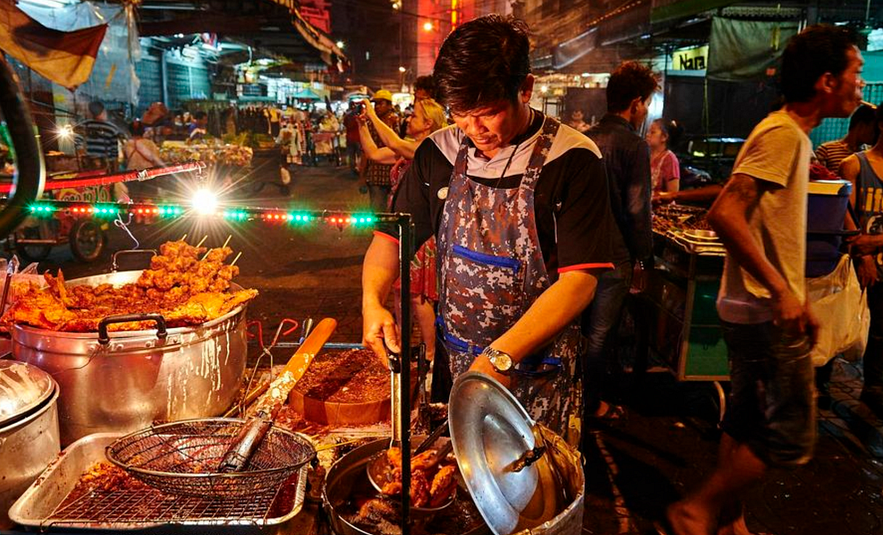
Although it’s extremely difficult to avoid the use of these oils in Thai cooking, especially for street food, you can always practice eating ‘in moderation’. If your body hasn’t adjusted to the flood of new ingredients and different strains of bacteria on this side of the world, just be mindful of your situation.
The Road to Recovery
So it’s been several days after your food illness episode and you finally have the will to eat again. And while it may be tough to get excited about food, it’s important to nourish your body first before going back out to explore more Thai delicacies.
Here’s how I recover from food illnesses in Thailand:
- Boycott medicine. As tempting as it may be, I always avoid taking over-the-counter medications to help with my symptoms. Let the illness run its course, and allow your body to naturally fight off the virus — your immune system will be stronger for future episodes.
- Replace lost fluids and salts with lots of water, broth or an electrolyte solution (water + Himalayan pink salt and a potassium supplement works for me). Even though they carry electrolytes, I’m not a big fan of chugging sports drinks with loads of sugar. Try making your own!
- Sleep, sleep, sleep. Your body will be begging to rest as it’s expending a lot of energy trying to heal itself on a cellular level. Listen to your body!
- No dairy, caffeine, alcohol, fizzy drinks, spicy or fatty foods. All of these things can just make everything worse.
However, if you start experiencing extreme symptoms like blurry vision, blood in your vomit or stools, fever over 101.5 F, tingling in your arms or non-stop throwing up — it’s probably a good idea to see a doctor.
Disclaimer: The content in this article is based on my own experiences and should not be used as professional medical advice.
Tips on Safety & Thai Street Food
Taken from “Tieland to Thailand” [2]. If you’re making a trip to the local food stall corner, here are some tips on how to make calculated decisions to keep your bellies happy.
- Look for a vendor with a long line. Long lines usually mean satisfied recurring customers = safe!
- Buy cooked food that’s hot. No need for further explanation.
- Buy from a vendor that specializes in one type of food. One food type = high turnover rate = fresh ingredients = less spoil time = safe!
- Drink bottled water. Easy.
Written by Darren Liu - See Original Article by clicking here
A Canadian Expat living in Bangkok since 2016. I’m a healthy-living devotee - and through research, personal experimentation, and sheer passion, I’m on a mission to find the optimal way to live through nutrition and fitness. Follow my journey as I try to reverse aging.
References:
[2] https://www.tielandtothailand.com/safe-eat-thai-street-food/

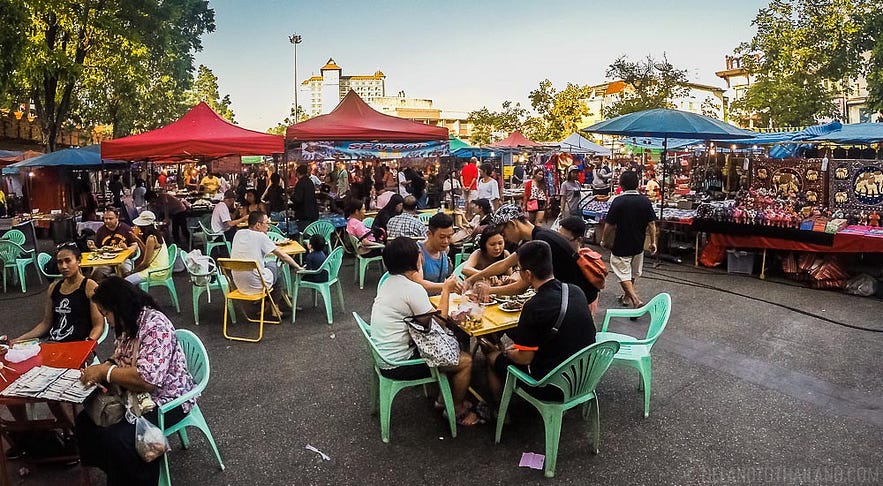
 Latest
Latest Newsletters
Newsletters Learn
Learn Recipes
Recipes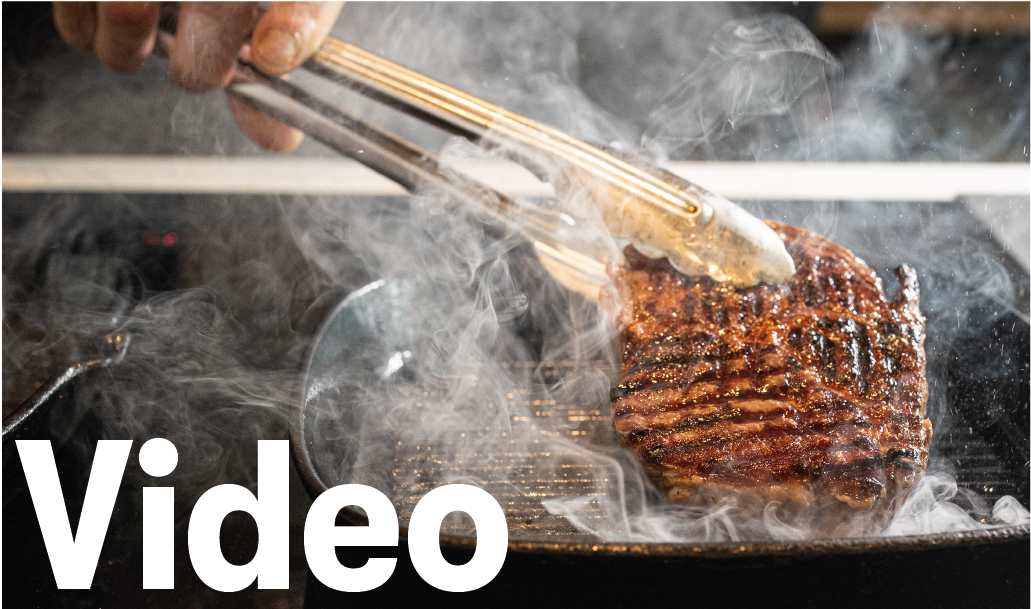 Video
Video